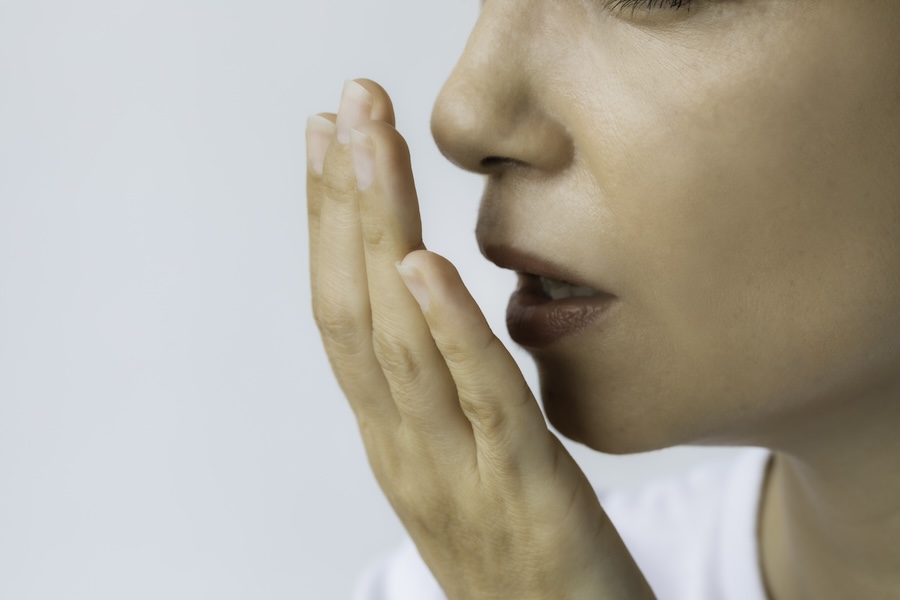
What Causes Halitosis and How is It Treated?
September 7, 2024 9:00 amHalitosis, also known as chronic bad breath, can be frustrating and embarrassing. Occasional bad breath after eating certain foods is normal, but persistent halitosis may indicate an underlying issue. So, what exactly causes halitosis, and how can it be treated effectively? Here’s what you need to know.
What Causes Halitosis?
There are several reasons why you might experience bad breath. Here are the most common causes:
1. Poor Oral Hygiene
The most common cause of halitosis is inadequate brushing and flossing. If food particles are left behind, they can break down and cause an unpleasant odor. Likewise, bacteria can build up on your tongue, contributing to bad breath.
2. Gum Disease
Bad breath that won’t go away can be a sign of gum disease, which occurs when plaque hardens into tartar and irritates the gums. Further, gum disease causes inflammation and infection, which can lead to a persistent foul odor.
3. Dry Mouth (Xerostomia)
Saliva helps cleanse the mouth by washing away food particles and bacteria. If you don’t produce enough saliva, your mouth can become dry, and bacteria can thrive, causing bad breath. Dry mouth can be caused by certain medications, dehydration, or conditions like sleep apnea.
4. Certain Foods and Drinks
Foods like garlic, onions, and coffee can lead to temporary bad breath, as they leave behind strong odors that linger. In addition, tobacco use can dry out your mouth and contribute to halitosis.
5. Medical Conditions
In some cases, halitosis is linked to underlying medical conditions such as acid reflux, sinus infections, or respiratory infections. These conditions can produce odors that travel from the stomach or sinuses to the mouth.
How is Halitosis Treated?
Treating halitosis depends on its cause, but here are some general treatments that can help:
1. Practice Good Oral Hygiene
Brush your teeth twice a day and floss daily to remove food particles and plaque. Also, don’t forget to brush your tongue, as bacteria can collect there as well.
2. Stay Hydrated
Drink plenty of water throughout the day to keep your mouth moist and wash away bacteria. Avoid sugary drinks and excessive caffeine, which can dry out your mouth.
3. Use Mouthwash
Antibacterial mouthwashes can help kill the bacteria that cause bad breath. Choose a mouthwash designed to fight halitosis, not just mask it with minty flavors.
4. Treat Gum Disease
If gum disease is causing your bad breath, you may need professional treatment. A deep cleaning, known as scaling and root planing, can remove tartar and bacteria from below the gum line.
5. Address Underlying Conditions
If your bad breath is caused by a medical condition, treating that condition can help alleviate the symptoms. Consult your doctor or dentist to discuss further treatments.
Halitosis Solutions at Balcones Family Dental in Austin, TX
At Balcones Family Dental in Austin, TX, Dr. Ross Maddox, Dr. Sharaf, and Dr. Christopher Glecos offer comprehensive care to address the causes of halitosis and improve your oral health. Whether it’s improving your hygiene routine or treating gum disease, we’re here to help you achieve fresh breath and a healthy smile. Contact us to schedule your consultation today.
Categorized in: Oral Hygiene
